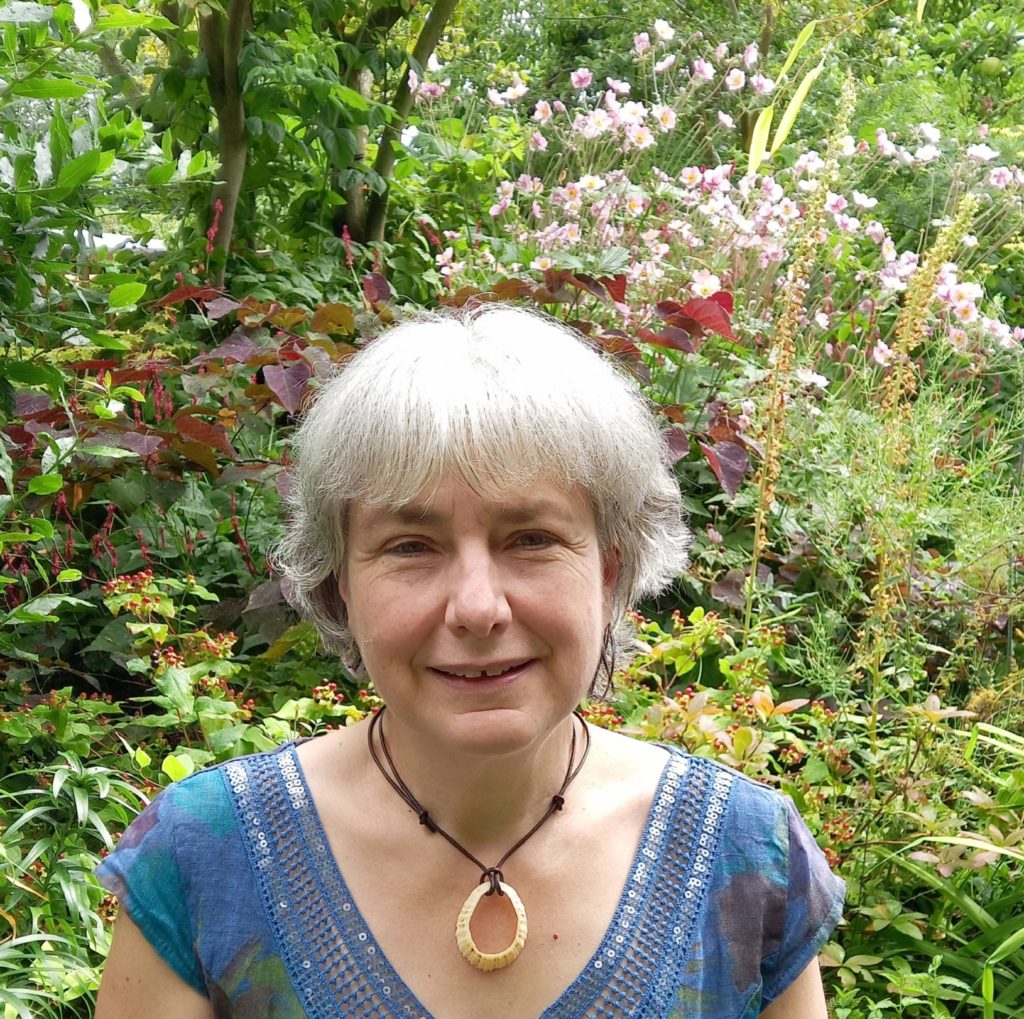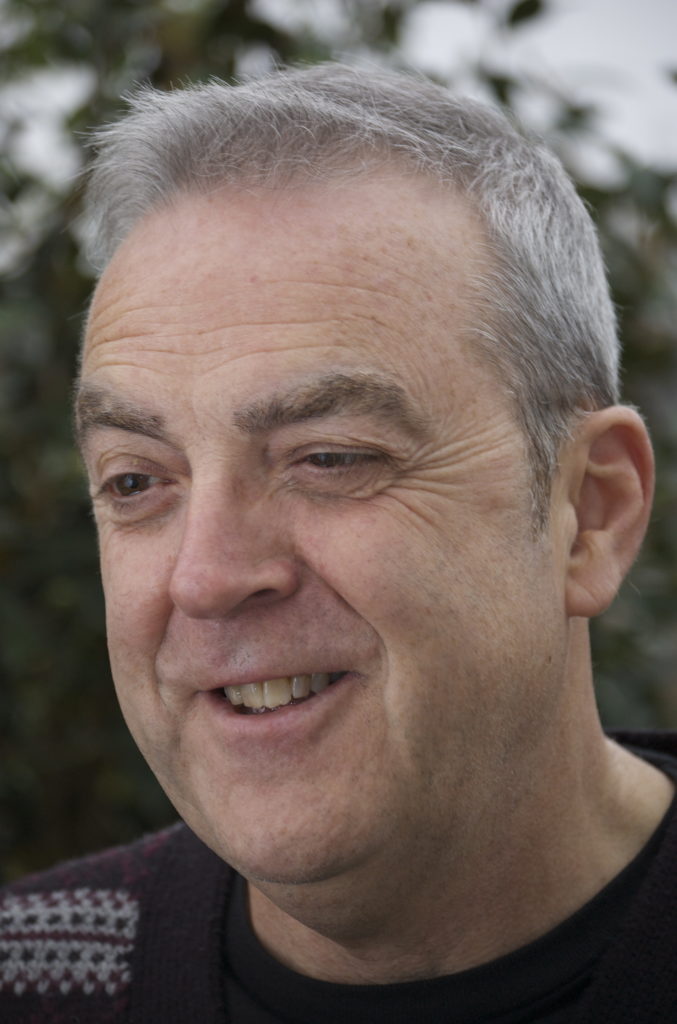POET CLAIRE LYNN FROM NORTHUMBERLAND
WINS THE MIST & MOUNTAIN INTERNATIONAL POETRY PRIZE 2023
Poet Claire Lynn from Hexham, Northumberland, has won the MIST & MOUNTAIN INTERNATIONAL POETRY PRIZE 2023 with her poem, ONCE.
Claire Lynn is awarded £150 and a bespoke commemorative award for her outstanding achievement.
Owen Gallagher, the Second Prize winner for his poem “Hercules,” and Sarah Leavesley, the Third Prize Winner for “Human Shadow,” each receive commemorative awards along with £50.
In addition, two poems, “In Memoriam” by Gary Day and “Brother” by Mariah Whelan, have been highly commended by Dr. Claire Askew.
Entries poured in from various corners of the world, including the United Kingdom, Canada, Greece, Ireland, Nepal, India, Nigeria, France, the United States, Australia, Germany, Singapore, Iraq, New Zealand, Switzerland, Italy, and Sweden. This rich tapestry of contributions underscores the global and diverse nature of poetic talent.
We genuinely appreciate the participation, as the diverse submissions have elevated this event into a global celebration of poetic expression.
ABOUT THE JUDGE:
Dr Claire Askew’s debut poetry collection, This changes things (Bloodaxe) was published in 2016, having placed runner-up for the 2014 Edwin Morgan Poetry Award. Her second collection, How To Burn A Woman (Bloodaxe), followed in 2021 and won the 2022 Saltire Scottish Poetry Book of the Year Award. Claire holds a PhD in Creative Writing (Poetry) from the University of Edinburgh and has been a Scottish Book Trust Reading Champion, a Jessie Kesson Fellow, and the University of Edinburgh’s Writer in Residence.) She currently lives in Cumbria with her black cat, Winifred Sanderson.
MIST AND MOUNTAIN INTERNATIONAL POETRY PRIZE 2023
Poems, portraits, judge’s notes and short biographies
CLAIRE LYNN

ONCE Although I walk here nearly every day I have only seen you once: a quick curve of flank and tail breaking the surface, same colour as the Tyne itself. Although I didn’t see your face, your large webbed feet, I saw how thick your pelt, tail slick as the water, one moment. Gone. I watched on but you had business of your own. Knowing now that we are neighbours, I stop sometimes at the top of eleven stone steps leading nowhere and wait a moment, just breathing the slow air, imagining a life of wallow and undulate, your mudbank holt, the warmth – or lack – of others. At ease with your absence, I contemplate the river’s sinuous back, its ceaseless flow. CLAIRE LYNN
Winner(First Prize): Once by Claire Lynn
Dr Claire Askew said:
This is beautiful, agile, nimble poem that does a huge amount in a small space. The style of it – the human speaker entering into delighted conversation with a creature from the more-than-human world – reminded me of the poems of Mary Oliver. I enjoyed the pinpoint accuracy of the descriptions here: I could see the otter, which is no mean feat given that the word “otter” never actually appears. Instead, the nature of the creature is captured by the poem’s rich imagery and sound – I especially enjoyed “a life of wallow and undulate.” I appreciated the way that, in just sixteen short lines, the otter became the river, and the river became the otter, and the human speaker of the poem got nothing but a slight, joyful glimpse. The poem’s short line and overall brevity allows the reader that, too: the poem itself a slight, joyful glimpse for us all.
Claire Lynn – short biography
Claire Lynn teaches Creative Writing around Northumberland. Her poems have been placed in the Bridport Prize (1999), the Wasafiri New Writing Prize (2017), Marsden the Poetry Village Competition (2019), Poetry Tyne competition (2023) and highly commended in the AUB International Poetry Competition (2023) and Hexham Poetry Competition (2023). They have been published in Virago anthology “The Nerve”, the Ver Prize anthology (2017), the Wolverhampton Literature Festival Anthology 2020, Beyond the Storm: Poems from the Covid-19 era, Menopause the Anthology, the New European and Independent newspapers, and various magazines including Butcher’s Dog, Smiths Knoll, Writing Women, Other Poetry and Dream Catcher. Her poem Sixteen Summers was commissioned by the Ilkley Literature Festival 2022.
HERCULES My father carries a wardrobe on his back down the tenement stairs as if it were cardboard. Beds, table and tea-chests are piled and roped onto a cart. I am four years old. He straps me onto his back with his belt. I cling to his shoulders, massive as boulders. He grasps the cart’s handles and pulls it through the streets then hauls our furniture up another tenement stairway into our new home. No hot water, no heating, an outside toilet to share. A flat larger than the one before for the goddess he adores. I am at one with this god who for decades used a pick and shovel to unearth a wage. No statue was erected to him. Nor was he cited in any books. He battled charge-hands and foremen until his heart gave up. Each night I look upwards for Hercules, a lopsided boxy pattern of stars. Owen Gallagher

Second Prize: Hercules by Owen Gallagher
Dr Claire Askew said:
I’m a sucker for family poems, and for poems that elevate the supposedly mundane deeds of supposedly average people and turn them into beautiful stories. This heartfelt poem is another that does a great deal in spite of its relative brevity. By the end of the poem I felt like I knew not only the father, but also the speaker of the poem, whose child’s voice is deftly rendered. The admiration the speaker shows for his father is well realised: it’s touching without being overblown. I especially enjoyed the poem’s final stanza, with the lovely assonance of “a lopsided boxy pattern.” This one stuck with me
Owen Gallagher – short biography
Owen Gallagher was born in Gorbals, Glasgow. He left school at 15 and later attended the University of London and the University of Glamorgan. His recent publication is: Clydebuilt, Smokestack Books, England, 2119. Shortlisted for The Scottish Poetry Book of The Year, 2021.
HUMAN SHADOW Crossing the Pennines transforms hikers into climbers, sends the half-hearted slithering grit-worn to their cars. No matter how many times I return within a season, each visit is different. Hard paths coil off ruckled slopes Into abrupt valleys or push upwards to wisp away with hanging mist. Impossible to keep track of a place that refuses to remain unchanged. ‘Man’s past toil’ is a landscape-long scar, healing over. Grass and trees turn industry spoil into a thick bristled fur. Part-hidden rivers and streams curve like sudden twists of foil, stitched in by new fences and buckled by gates already staining into the landscape of mud and moss, rocks and ravens. Breathless, I stop for a moment at Marsden. Standing on the paving-stone sundial at this time, in this light, the smallest human shadow is almost as tall as the hills. With ground as a clockface, we’re all pointing greywards. I wait for my bones to catch up with their own aching, let memories billow like loose leaves around me. Even as my skin wrinkles into its ageing, I feel the sun's endurance, the world’s mechanics, the wonder that my body still marks the right hour. SARAH LEAVESLEY

Third Prize: Human Shadow by Sarah Leavesley
Dr Claire Askew said:
I tried not to be biased towards this poem: I am a Pennine woman, ever so familiar with the poem’s terrain – every stanza had me nodding in recognition. But I think even a stranger to this landscape would be able to see it clearly by the time the poem ends; and indeed, there were lines that made me see this familiar place anew, lines that startled me. I adored the phrase, “with ground as a clockface, we’re all / pointing greywards.” This poem blurs the lines between body and landscape, landscape and time, time and body with great skill. It made me think about things I thought I knew well differently, which is something I always appreciate in a poem!
Sarah Leavesley – short biography
Sarah Leavesley (also published as Sarah James) is a prize-winning poet, fiction writer, journalist and photographer. Her collection Blood Sugar, Sex, Magic (Verve Poetry Press, 2022) won the CP Aware Award Prize for Poetry 2021, was highly commended in the Forward Prizes 2022 and shortlisted in the International Rubery Book Award 2023. Website: www.sarah-james.co.uk.
IN MEMORIAM Early May And from its buds A breath of violet. I wonder What it’s called, This twisted tree; You would know. At your touch The garden woke, Unfolding itself To the circling sky. Yearly Its tangled branches Sigh a lilac mist, And yearly This faint blossom shapes A vision of you Trimming the lobelia Haloed by bees, Still murmuring The very meaning Of your name. GARY DAY

Highly Commended: In Memoriam by Gary Day
Dr. Claire Askew Said:
It’s an impressive achievement to capture something in verse without explicitly naming or even describing it, but this poem does that with grief. Though the title gives us a little clue, otherwise this is a short lyric about a garden… except of course it isn’t, it’s a yearning for a person who’s no longer here, for the knowledge they’ve taken with them, for time spent together. In just sixty five words, the poet has shown us the relationship, the loss, and what the loss has left behind.
Gary Day: Short Biography:
I am a lecturer at an adult education centre where I teach psychology, philosophy and art history. I am a member of a poetry reading group and have been actively involved in a local drama group for many years. Another one of my hobbies is dancing. Before I came to lecturing I lived in Mexico and travelled through Central America. I also spent some time in East Africa. I am originally from Yorkshire but have lived in a number of different places around the country. I used to volunteer at a homeless shelter and twice stood, unsuccessfully, as a Labour councillor.
BROTHER You took me to a place where the river hides in a knuckle of trees, taught me how to dip my face in its slick surface, letting the water take the heat burned into my cheeks. Now, when I go swimming, I float in the water knowing it is a gift to be held by something that expects nothing back. I think about our dad sitting in the dark recess by the range— his cigarette smoke drifts across the kitchen searching out my eyes, nose and suddenly here are his hands in my hair making fists and I’m quite sure I can feel my brain slosh back and forth inside my skull as he rips the afternoon apart. Thank you brother for teaching me, before you left, how to hide my face in armfuls of water, when we couldn’t hide to run, if we couldn’t run how to go limp. MARIAH WHELAN

Highly Commended: Brother by Mariah Whelan
Dr. Claire Askew Said:
When a poem makes me gasp in surprise, that’s generally the sign of a good poem. This one felt like an entire novel’s worth of coming-of-age-drama-meets-family-saga and it even fit in a twist. I had to take a minute and get my breath back after reading the final line – I was transported.
Mariah Whelan Short Biography:
Mariah is a poet from Oxford. Her debut collection the love i do to you was shortlisted for the Poetry Book Awards and won the AM Heath Award. She has been a poet-in-residence at The Pitt Rivers Museum Oxford, The University of Cambridge, King’s College London and a Fellow in Creative Practice at UCL. She is one of the co-founders and co-editors of Bath Magg.
